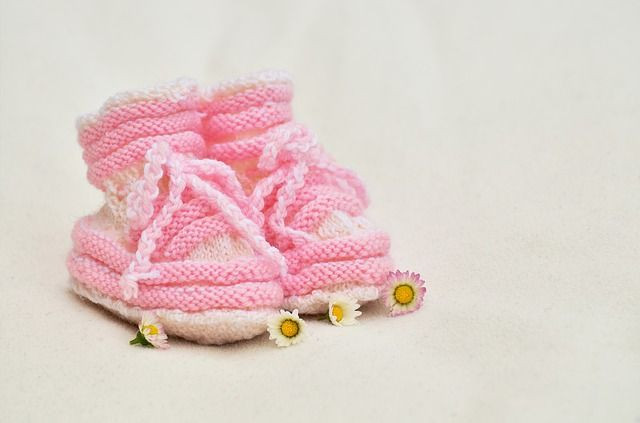Baby Girls May Be Better Than Baby Boys At Coping With Stress Of Womb And Labor

From conception to death, life is a constant battle — the “survival of the fittest.” New research has suggested that from the very beginning, females may have a natural advantage. According to a recent study from San Cecilio Clinic Hospital in Granada, Spain, female fetuses are better able to deal with the stress of their mother’s womb than their brothers may be, which could lead to both better pregnancy and birth outcomes.
According to the research, female fetuses have a greater antioxidant defense and less oxidative stress on their cell membranes than males. In addition, there is a greater antioxidant defense and less biomolecular damage when women give birth to females compared to when they give birth to males, making labor with a female infants less challenging than one with a male.
“The newborn baby's gender determines not only how the mother deals with the labor process, but also the way neonates confront the hyperoxic environment which the extrauterine world is, which shows that the neonate's sex is a decisive factor related to several functional alterations with a great post-labor impact for the mother, and for the baby for the rest of their life," explained the study authors in a recent statement.
This is the first study to show how a baby's gender affects bodily stress during pregnancy and labor, as measured by inflammation and oxidative stress, or the body’s ability to detoxify potentially harmful free radicals. The conclusion is based on a study of 56 healthy pregnancies at the San Cecilio Clinic Hospital — 27 of which ended in the birth of a boy and 29 in the birth of a girl. The researchers hope these results will lead to better understanding of how gender affects health, especially in the neonatal stages.
This is not the first research to suggest that girl fetuses have an easier time in the womb. A 2014 study found that a baby’s gender affects how the pregnancy developed. According to the research, these genes cause male fetuses to grow at a faster rate than female fetuses, which puts them at a higher risk for malnutrition. While in most cases this difference in development speed makes little difference, history has shown that in times of famine, the number of male births drops drastically in comparison to female births.
Source: Diaz-Castro J, Pulido-Moran M, Morenao-Fernandez J, et al.Gender specific differences in oxidative stress and inflammatory signaling in healthy term neonates and their mothers. Nature . 2016
Read More:
The Womb Makes It Easy Being A Girl: How The Placenta Protects Girls More Than Boys: Read Here
Battle Of The Sexes: Symptoms, Diseases, And Medical Conditions That Affect Men And Women Differently: Read Here
Published by Medicaldaily.com



























